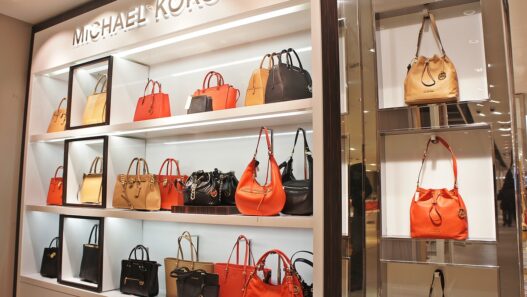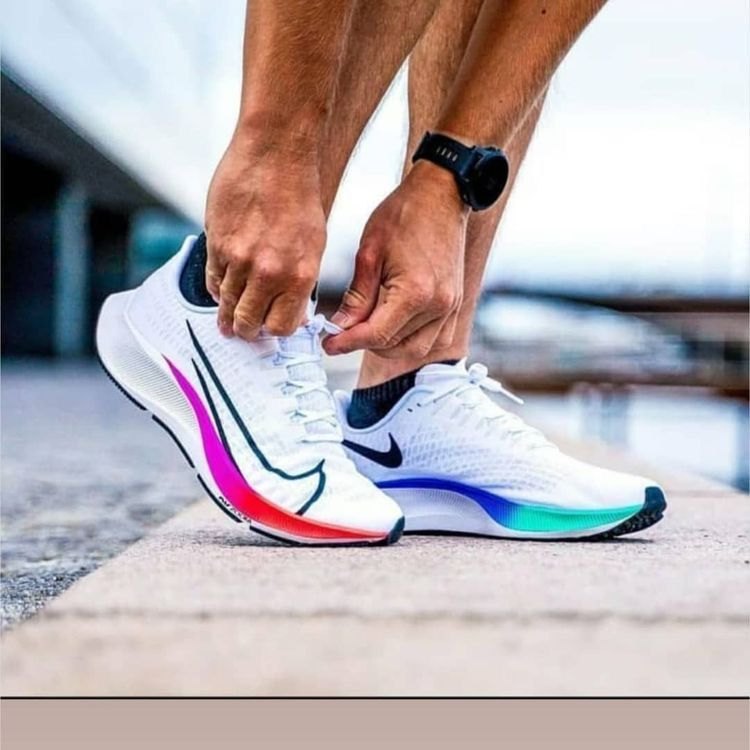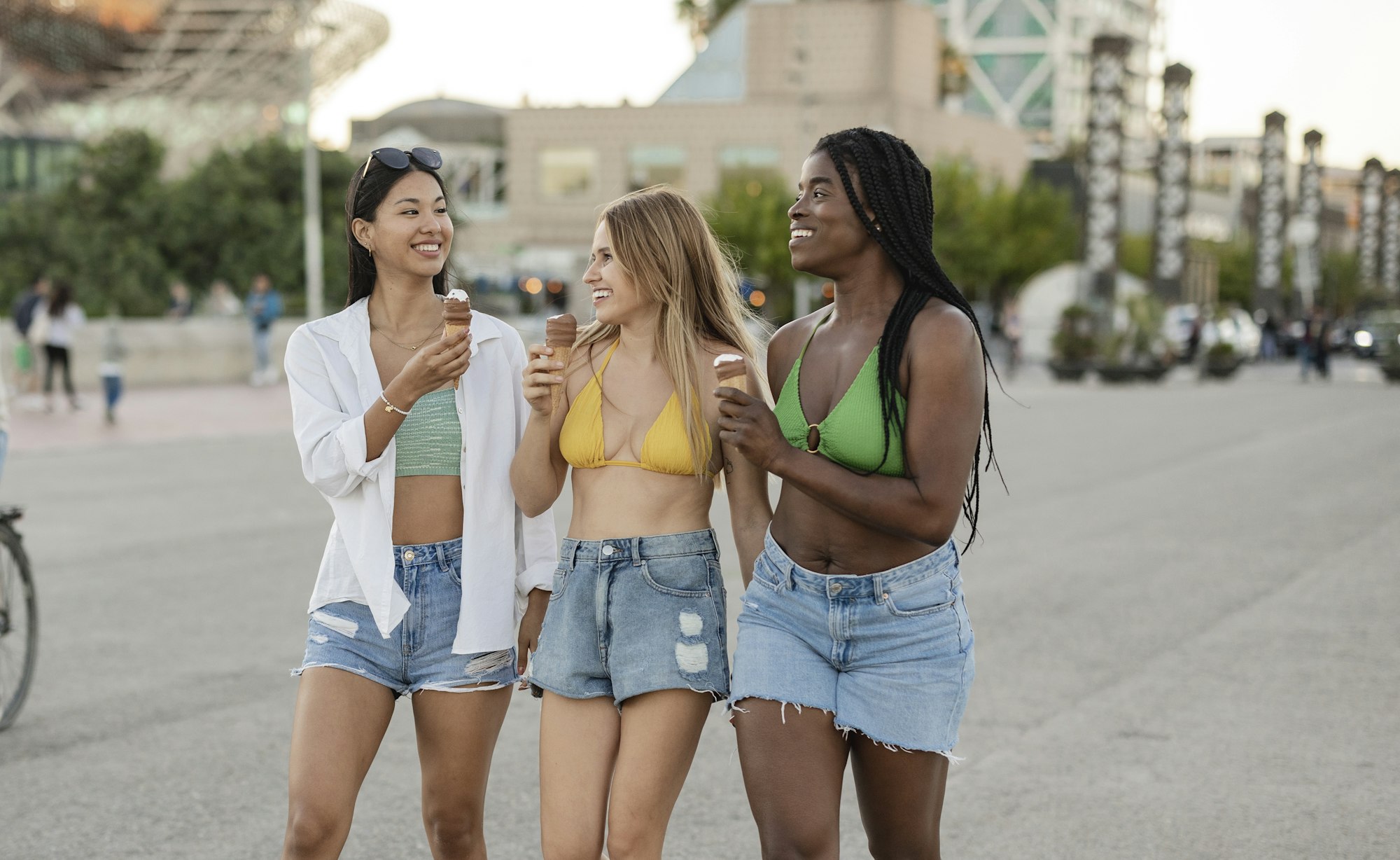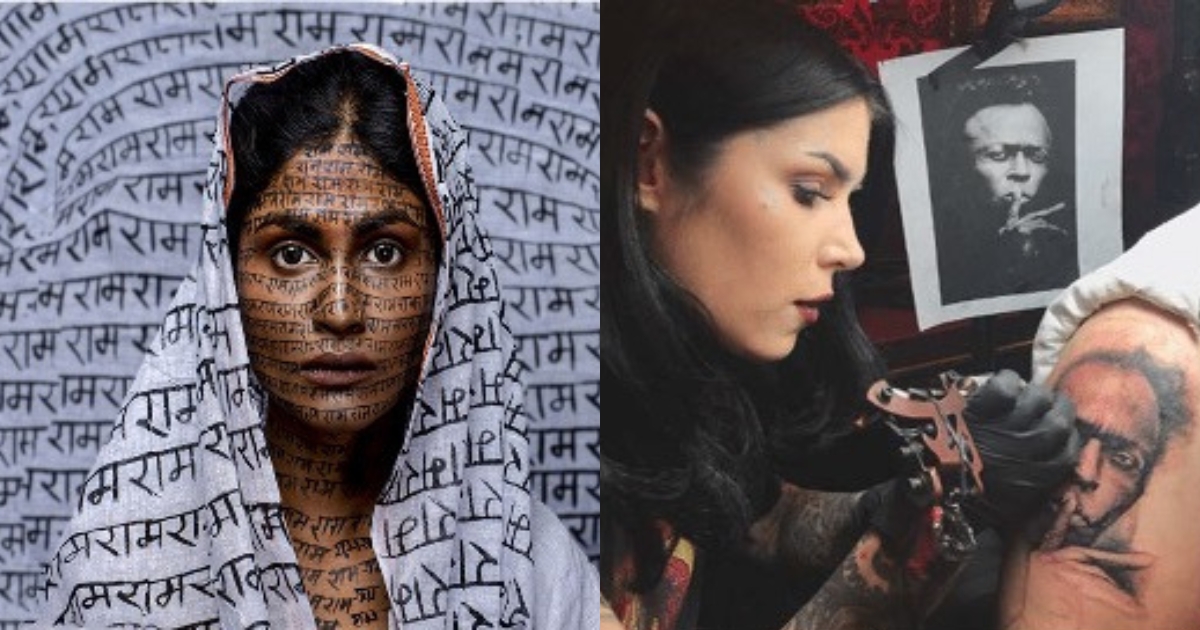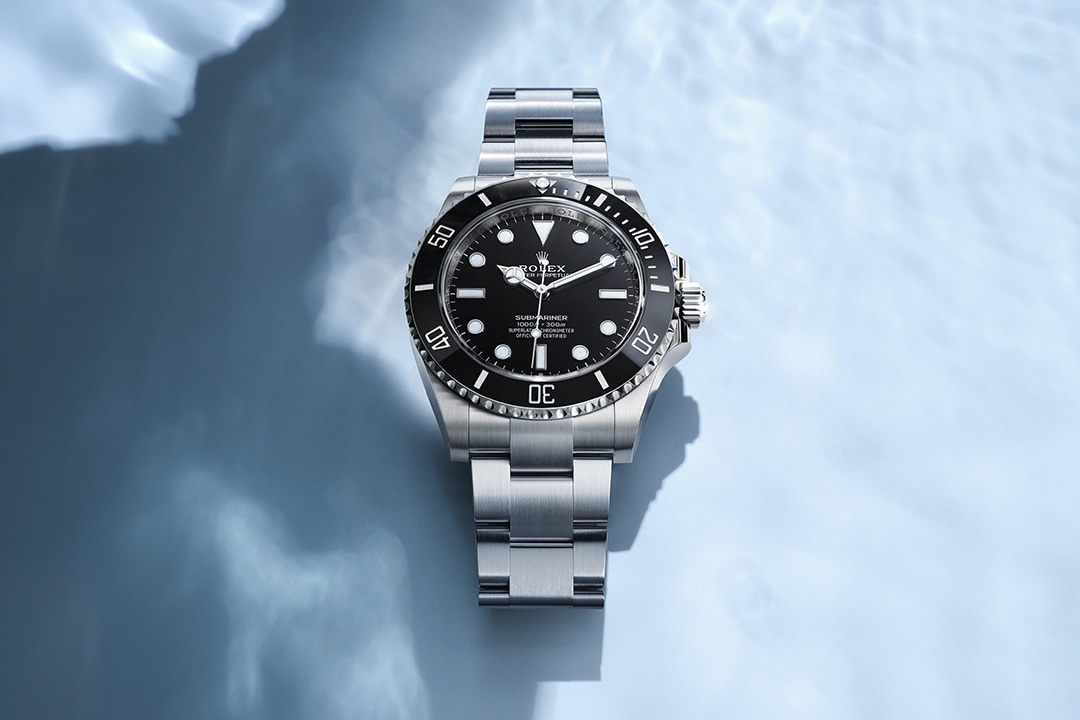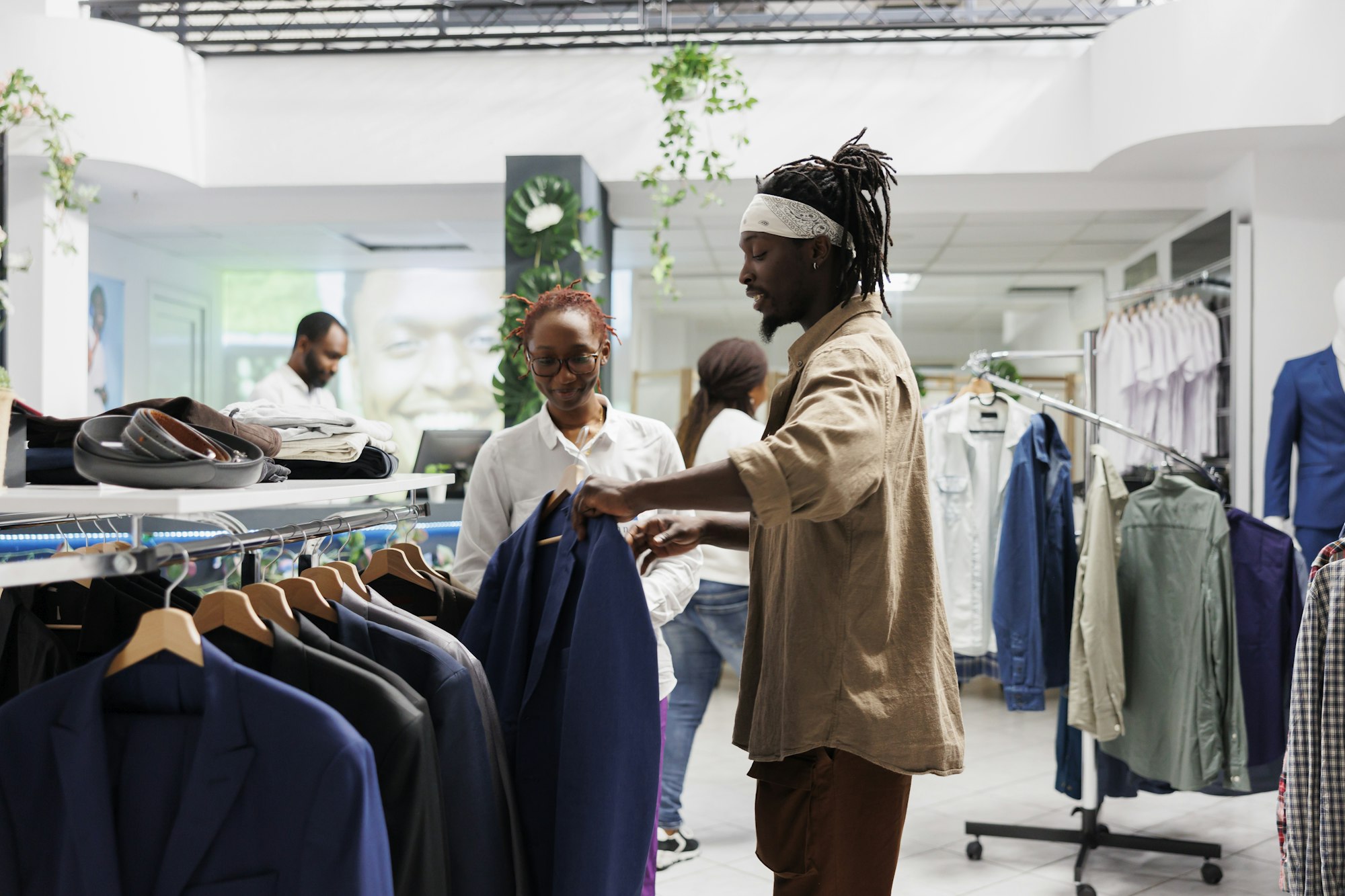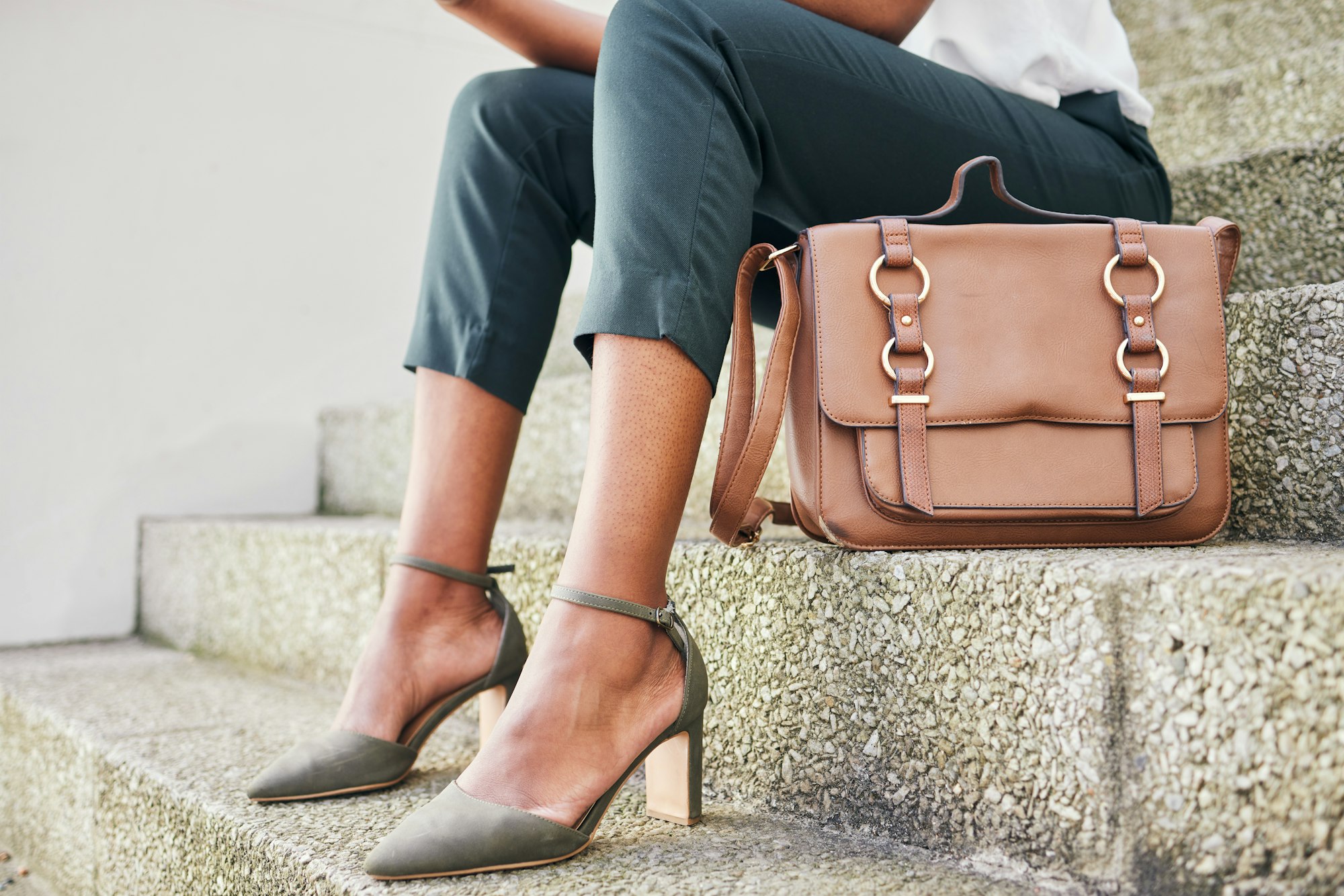Chanel has once again gained the media spotlight through its fierce way of protecting its IPR and brand reputation. The iconic French Luxury House has won a case against the luxury 2nd hand reseller What Goes Around Comes Around (WGACA), with the Trial Court judge of New York ruling in favour of Chanel in protecting its trademarks. This brings an end to nearly six years of legal battle over alleged counterfeiting and unauthorised use of channels branding by WGACA.
THE STORY SO FAR
The origin of this legal battle began on March 14, 2018, when Chanel filed a suit in the US District Court for the Southern District of New York against MHW Properties, Inc., Gerard Maione, Pines Vintage, Inc., Vintage Designs Ltd., WCAGA LA, LLC, Seth Weisser, and What Comes Around Goes Around LLC in the U.S. District Court for the Southern District of New York, accusing them of engaging in trademark infringement, unfair competition, false advertising, and false association, and of violating New York General Business Law sections 349 and 350.
CONTENTIONS
Chanel contended that WGACA had exploited the goodwill of the brand in advertisement and marketing and that it had resulted in trademark infringement. Moreover, Chanel alleged that WGACA had sold counterfeit Chanel bags and more than 700 non-genuine Chanel point-of-sale items which were never intended for resale. Additionally, Chanel contended that the WGACA handbag listing extensively used Chanel’s trademark.
In its counter-arguments, WGACA claimed that they don’t have any intention to use the goodwill of the French house to claim any affiliation and asserted its rights to use the trademark of Chanel to sell genuine products. Moreover, it was argued that the move by Chanel aims to prevent the resale of their products, which is anti-competitive in nature and enforcing the demand of Chanel would result in limiting the resale of Chanel goods. It was submitted that reselling genuine Chanel products cannot be implied as infringement because of the “nominative fair use” defence. Moreover, it was contended that WGACA took reasonable care to avoid selling counterfeit products.
JUDGMENT
The trial court ruled that WGACA was liable for unfair competition, false association with Chanel, trademark infringement and false advertising claims. It found that the act of Chanel led to the wilful infringement of the trademark by using hashtags like “Chanel” and “Coco Chanel” for advertising as well as selling counterfeit products. Moreover, the jury found that WGACA sold counterfeit Chanel products and engaged in false advertising. As a result, WGACA was ordered to pay an amount of $4 million as statutory damages.
Chanel has further filed an application before the New York Federal Court seeking a permanent injunction to prevent WGACA from selling non-Chanel-approved products, making unauthorised use of its trademarks and selling materially altered goods.
FAR- REACHING IMPLICATIONS
The ruling is seen as a big blow to the resale industry. The resellers may face supply shortages for certain brands and marketing limitations, thereby disrupting the multi-billion-dollar industry. The decision gives power to the brands to exert greater control over the resale industry. This will increase the scrutiny over the marketing practices of using the brand’s trademark. Moreover, it would be extra difficult for the resellers to authenticate the product without access to the brand’s authentication database. The resellers must exercise extra caution on how they market the product, considering the fact that “nominative fair use” cannot be used to prevent them from liability. The judgement is tilted towards brands control over product lifecycles. This wpuld create a diffuclt situation for the 2nd hand market to flourish.This need of the hour is to create the right balance between the luxury brands safeguarding their exclusivity as well as the growing resale market.
Author: Meghana S S, student as NUALS, Kochi



